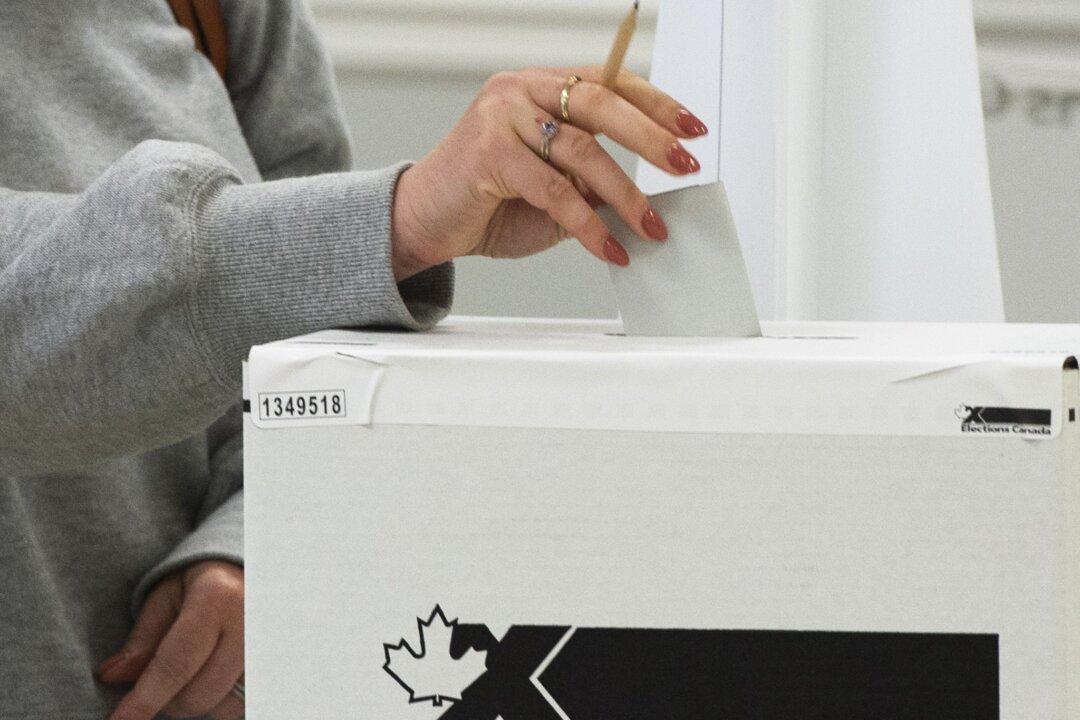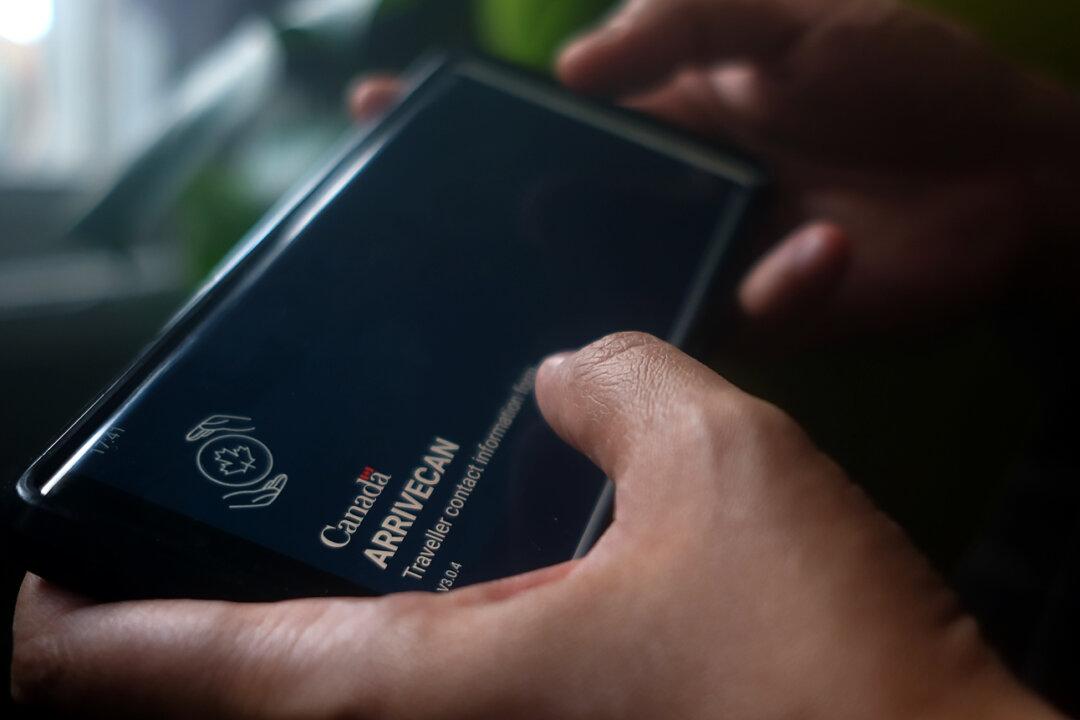The Canadian Department of Foreign Affairs raised concerns about suspected Chinese interference in the 2021 federal election campaign conducted primarily through the social media platform WeChat.
A department memo dated June 12, 2021, addressed to the deputy foreign minister highlighted the increasing adeptness of China in executing online information campaigns aimed at swaying Canadian audiences.





